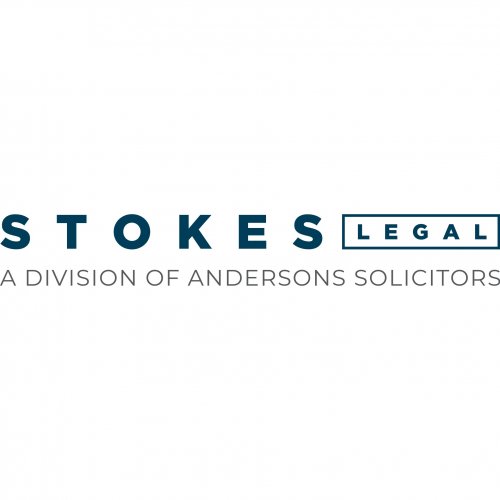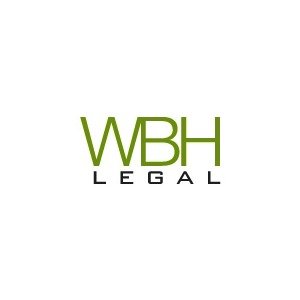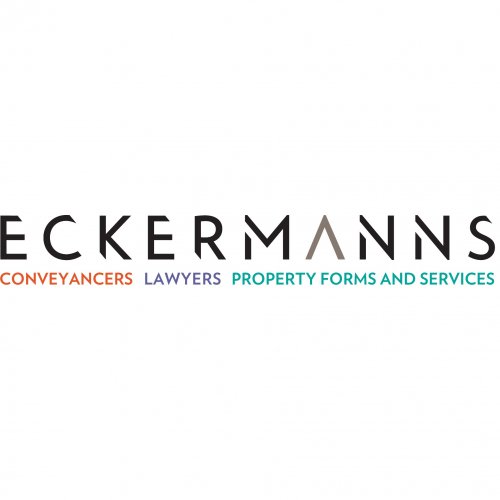Best Conveyancing Lawyers in Adelaide
Share your needs with us, get contacted by law firms.
Free. Takes 2 min.
Free Guide to Hiring a Real Estate Lawyer
List of the best lawyers in Adelaide, Australia
About Conveyancing Law in Adelaide, Australia
Conveyancing is the legal process of transferring property ownership from one person to another. In Adelaide, South Australia, conveyancing typically involves the preparation, execution, and lodgement of important legal documents required to buy or sell residential, commercial, or rural property. The aim is to ensure that the rights, title, and interest in land are lawfully and securely passed from seller to buyer. Conveyancing in Adelaide is governed by specific state laws, which establish the responsibilities of both buyers and sellers throughout the transaction process.
Why You May Need a Lawyer
The process of buying or selling property can be complex and may lead to significant financial and legal consequences if not handled correctly. Common situations where legal assistance is recommended include:
- Drafting or reviewing contracts for property sales and purchases
- Understanding and satisfying statutory obligations and disclosures
- Dealing with unexpected legal issues such as disputes over boundaries or easements
- Managing financial arrangements, including the calculation and payment of stamp duty
- Ensuring all documents are correctly lodged with the Lands Titles Office
- Dealing with deceased estates, divorce settlements, or property transfers resulting from court orders
- Purchasing off-the-plan or strata title properties where legal complexities often arise
- Assisting first home buyers in understanding grants or subsidies
- Identifying and addressing encumbrances, caveats, or other restrictions on the property
- Minimising the risk of fraud in large financial transactions
Local Laws Overview
Conveyancing in Adelaide operates under the Real Property Act 1886 (SA) and the Community Titles Act 1996 (SA), as well as various related statutes. Local regulations outline the rights and responsibilities of all parties involved in a property transaction. Some key aspects include:
- Requirement for written contracts when transferring property
- Mandatory cooling-off periods for residential buyers
- Disclosure obligations that sellers must meet regarding the condition and history of the property
- The need to pay statutory duties and taxes, such as stamp duty and Land Services fees
- Procedures for verifying identity to prevent fraud
- Electronic conveyancing options under the South Australian Land Titles Office (commonly through the PEXA platform)
- Compulsory searches and certificates required before settlement can proceed, such as council rates, water rates, and zoning certificates
- Clear timelines and procedures for both parties to finalise settlement
Failing to fulfil legal obligations can result in delays, financial penalties, or even the cancellation of the property transaction.
Frequently Asked Questions
What is conveyancing and why is it necessary?
Conveyancing is the legal process that transfers property ownership from a seller to a buyer. It is necessary to ensure that the transaction is legally valid, that the new owner gets clear title, and that all obligations, taxes, and searches are completed.
How long does the conveyancing process take in Adelaide?
The process typically takes between six to eight weeks, but this can vary depending on contract terms, due diligence checks, and responsiveness of all parties involved.
Can I do my own conveyancing instead of hiring a professional?
While it is possible to carry out conveyancing yourself, it is risky. Mistakes can result in costly legal issues, loss of deposit, or even losing the property. Most people choose a licensed conveyancer or solicitor for peace of mind.
What is the cooling-off period for property purchases in Adelaide?
In South Australia, buyers have a two business day cooling-off period after signing a contract for the purchase of residential property. This allows buyers to withdraw from the contract within this timeframe with minimal penalty.
What are some common fees and costs involved in conveyancing?
Common costs include professional conveyancing fees, government charges (such as stamp duty and registration fees), search fees, and bank or mortgage-related charges.
What is stamp duty and who pays it?
Stamp duty is a state government tax on the transfer of property and is typically paid by the buyer. The amount varies depending on the purchase price and whether concessions apply.
Are there different conveyancing requirements for strata or community title properties?
Yes, transferring strata or community title properties involves additional legal steps, including the need to review and disclose body corporate records, recent levies, and by-laws.
What happens at settlement?
At settlement, legal representatives arrange for the balance of the purchase price to be paid, verify that title is clear of encumbrances, and officially transfer ownership with the Land Titles Office. The buyer then receives the keys and takes possession.
Can conveyancing be done online?
Yes, South Australia supports electronic conveyancing through platforms like PEXA, allowing for digital document lodgement and settlements. This can speed up the process and provide real-time updates.
What should I do if a dispute arises during conveyancing?
If any dispute arises, such as issues with building defects, contract terms, or settlement delays, it is best to seek immediate legal advice from a conveyancer or property lawyer to protect your rights and interests.
Additional Resources
For further information or to assist with your conveyancing process in Adelaide, consider these resources:
- South Australian Land Services SA - Handles land titles and property information
- Law Society of South Australia - Can help you find a qualified property lawyer or conveyancer
- Consumer and Business Services (CBS) SA - Offers advice on property transactions and consumer rights
- RevenueSA - Information on stamp duty, grants, and related taxes
- Australian Institute of Conveyancers SA Division (AICSA) - Professional body for conveyancers
Next Steps
If you are thinking of buying or selling property in Adelaide, it is wise to seek professional legal help as soon as possible. Start by gathering any relevant documents, such as contracts, identification, and property information. Then, contact a licensed conveyancer or property lawyer who can guide you through the conveyancing process, explain your obligations, and ensure your transaction goes smoothly. If you have concerns or complex circumstances, arrange an initial consultation to receive tailored legal advice before proceeding with the transaction.
Lawzana helps you find the best lawyers and law firms in Adelaide through a curated and pre-screened list of qualified legal professionals. Our platform offers rankings and detailed profiles of attorneys and law firms, allowing you to compare based on practice areas, including Conveyancing, experience, and client feedback.
Each profile includes a description of the firm's areas of practice, client reviews, team members and partners, year of establishment, spoken languages, office locations, contact information, social media presence, and any published articles or resources. Most firms on our platform speak English and are experienced in both local and international legal matters.
Get a quote from top-rated law firms in Adelaide, Australia — quickly, securely, and without unnecessary hassle.
Disclaimer:
The information provided on this page is for general informational purposes only and does not constitute legal advice. While we strive to ensure the accuracy and relevance of the content, legal information may change over time, and interpretations of the law can vary. You should always consult with a qualified legal professional for advice specific to your situation.
We disclaim all liability for actions taken or not taken based on the content of this page. If you believe any information is incorrect or outdated, please contact us, and we will review and update it where appropriate.














